The story of the DOMAINES P began with Hubert Perrodo, a man of great passion whose conquering, pioneering spirit made him determined to think and act differently.
His fondness for this adopted region prompted him to invest in the vineyards of Bordeaux,
and in 1989 he purchased Château Labégorce Margaux with the aim of making it into one of the greatest
Margaux estates.
In 2006, his taste for new challenges and his eagerness to revive what he saw as a place of enormous potential led him to acquire Château Marquis d’Alesme Becker, third Grand Cru Classé, an estate in the heart of Margaux village where he embarked upon an extensive refurbishment project.
Since 2009, Nathalie Perrodo has embodied the continuity of her family’s values in these estates. Her watchwords are Confidence, Boldness and Action. She has initiated a new vision of what great Bordeaux wines can offer, combining outstanding terroir, centuries-old tradition and a unique vision of contemporary luxury. Under her leardership, and with her team headed by Marjolaine de Coninck, ambitious work has been undertaken to highlight the key assets of each estate. A new era bearing the stamp of modernity has begun.
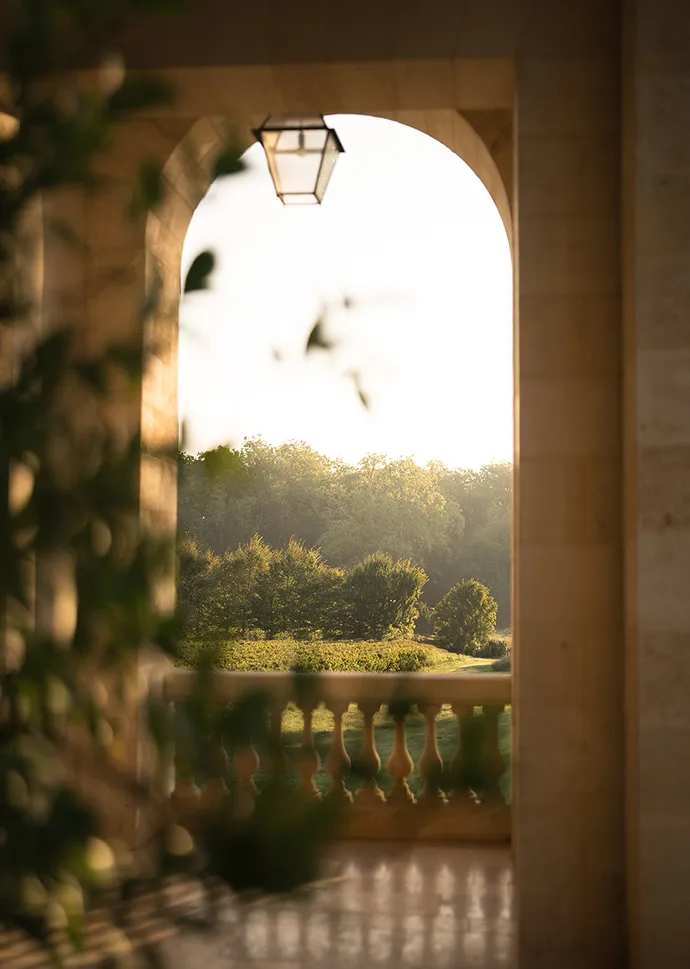
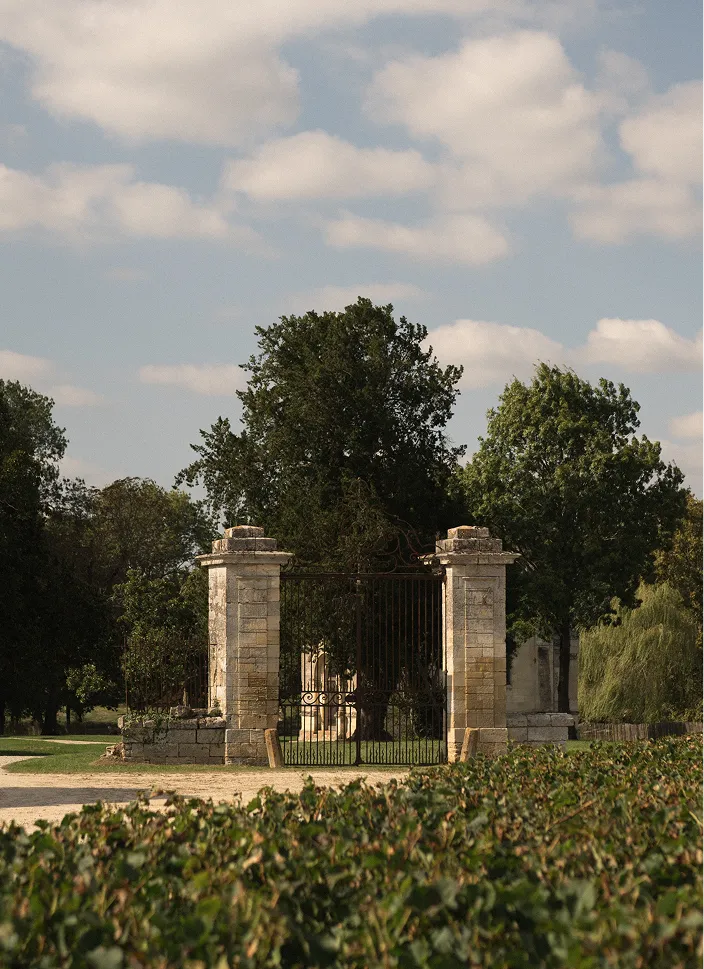
In 2020 the DOMAINES P grew further with the acquisition of Château La Tour de Mons in the north of Margaux, an enclosed estate surrounded by woodland that is a huge biodiversity reservoir steeped in history. With this new acquisition, the Perrodo family joins a long line of wine-growers who have loved this land over the centuries.
Nathalie and Marjolaine form a uniquely energetic duo supported by the values that make the DOMAINES P into an enterprise turned squarely towards the future. Always eager to rise to new challenges and apply innovate methods, they now manage 140 hectares of vineyards in Margaux.
Their quest for excellence goes beyond the borders of the Médoc region, however, as they are breathing new life into the Guirardel estate in the Pyrenean foothills. This estate near Jurançon, in a mountainous area known as “Little Chile”, produces a great dry white in a sheltered environment. This shared project reflects the strength of their collaboration and embodies another facet of their passion for wine.
Far from the vineyards, at the foot of Mount Ikoma in the province of Osaka, Japan, Nathalie has recently embarked on a more personal project. A dream has come true thanks to a collaboration with Daimon-San, master sake maker at the highly respected Daimon brewery, with whom she has created Yukiguma, a Junmai Daiginjo sake that invites us to discover a world where the purity of nature goes hand in hand with master craftsmanship and timeless traditions.
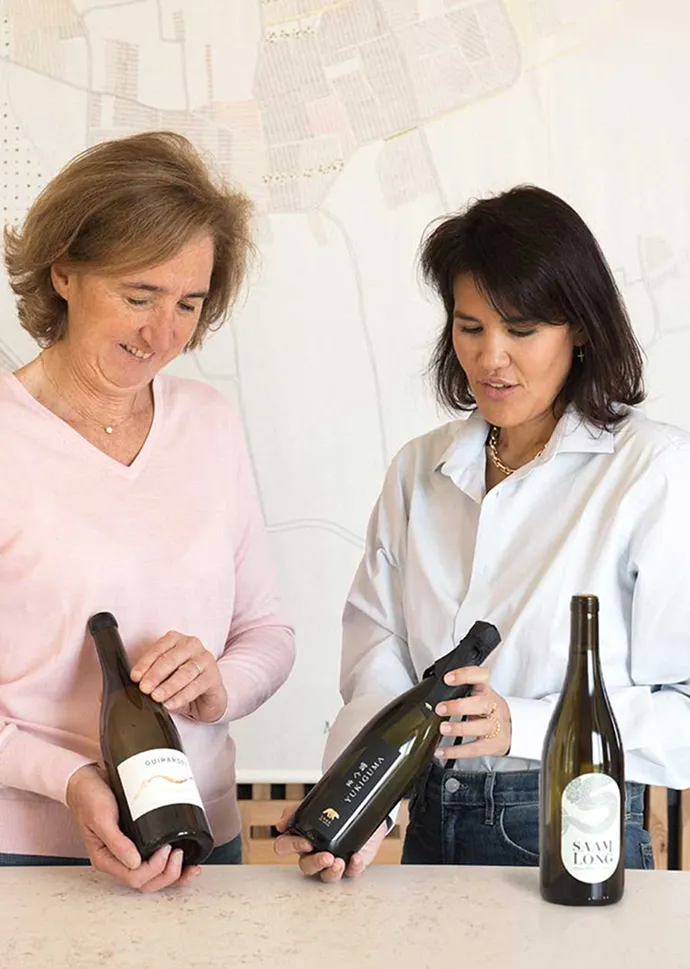
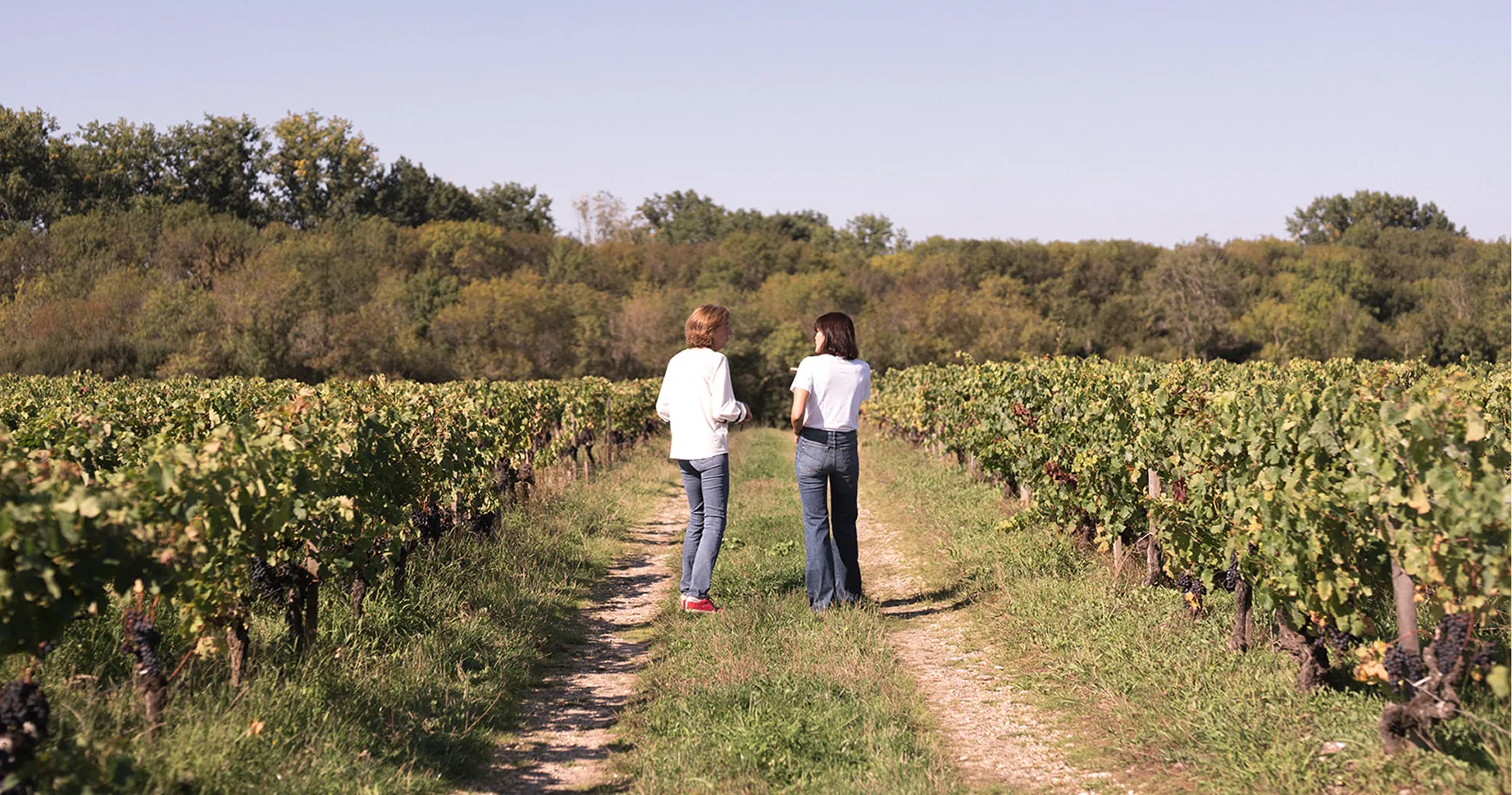
Commited to organic methods but free to act outside certifications, we combine practices and skills to form an overall approach guided by agro-ecology.
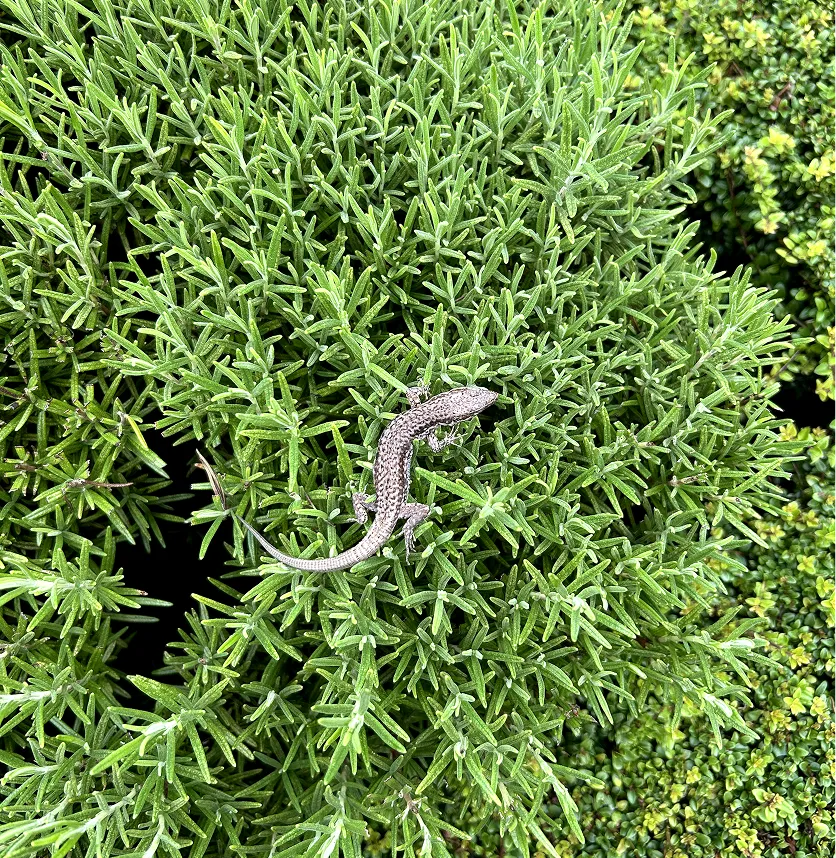
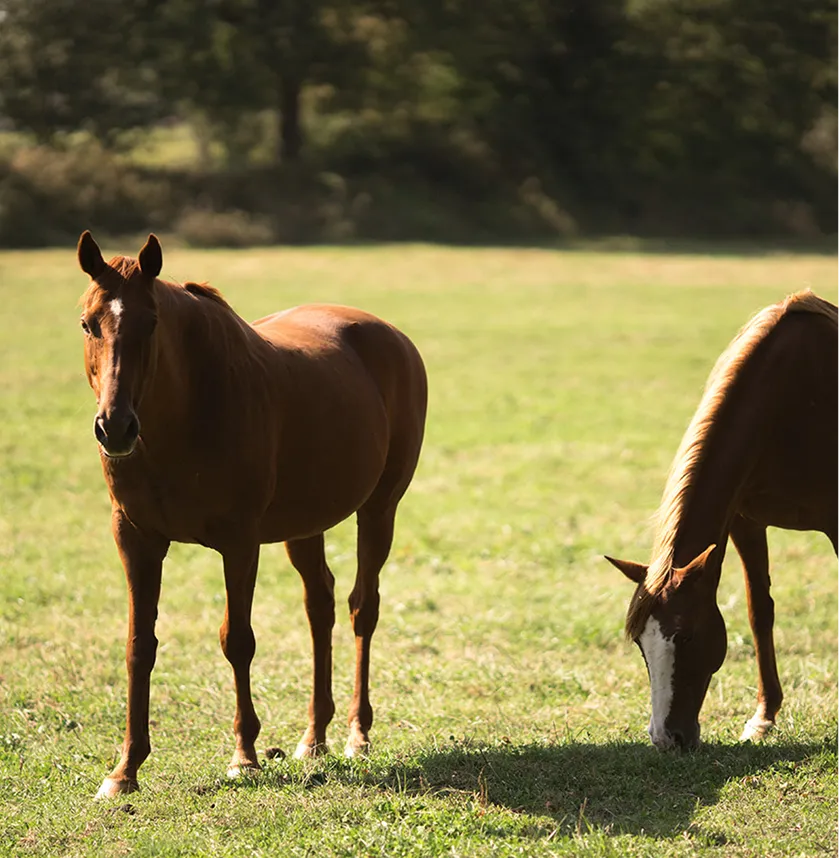
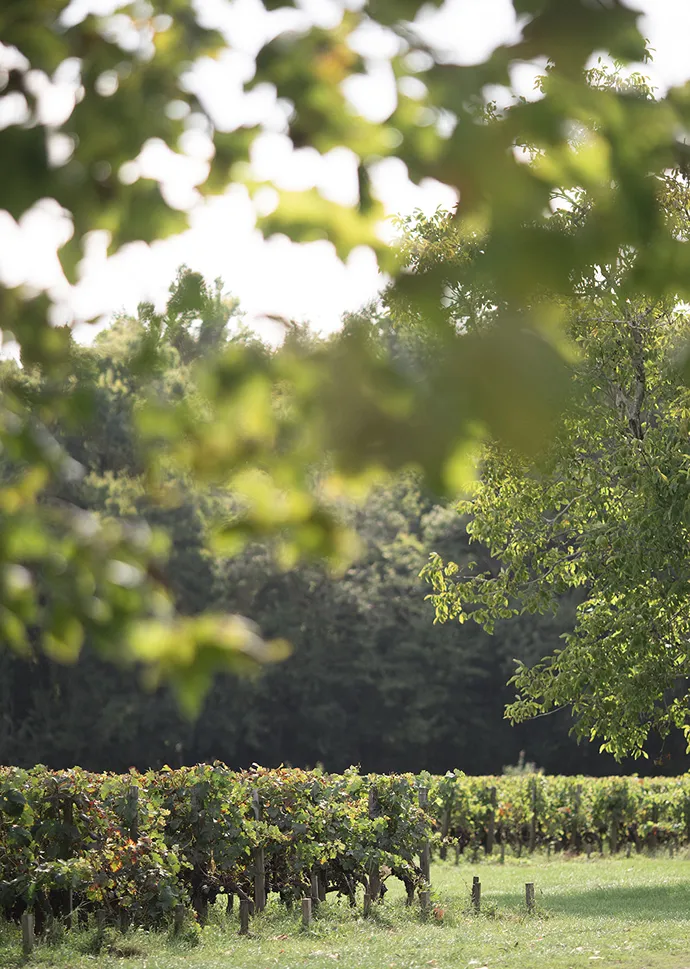
Time
Time is so important. Our approach is a long-term one. You need a decade to get to know the land and twenty years
to optimise it …
Landscape
Aware of the importance of the landscape in the balance of our ecosystems, for over ten years we have been committed to an agro-ecological approach that involves maintaining and reshaping the landscape : maintaining and replanting trees, hedges and orchards, caring for ponds, late mowing, tending our warrens, and so on. We record populations of auxiliary fauna such as bees and bats and preserve, renovate or create habitats; more recently polyculture has been implemented by using a flock of sheep for eco-grazing.
People
Our well-trained entirely in-house team has in-depth knowledge of the local area. We set great store by training and sharing expertise to ensure that our vineyards receive the exceptional level of care they deserve.
The vineyards
Convinced of the need for high-quality vines and a certain level of diversity, we carry out massal selection for our replanting and complantation with the help of Lilian Berillon nursery.
We are intensifying the agro-ecological aspects of our approach :
We adapt our work to each individual plot or even to each plot subdivision.
We play careful attention to the lunar calendar.
To keep the soil alive, we prefer shallow or superficial digging, doing little or nothing to destroy the underground life that helps us so much : we like to think that earthworms are our superheroes !
We sow plant cover adapted to each plot in winter : green fertilisers (bristle oat, triticale, field beans, lentils, Squarrosum clover, Chinese radish, phacelia, etc.), wich, according to their individual characteristics, bring structure and carbon to the soil bare not only allows us to combat erosion and rainwater damage but also means fewer weeds.
Providing mulch between the rows in summer protects them from evaporation and keeps the soil cooler, while providing natural mineralisation in the autumn.
We test alternative methods such as braiding vine shoots instead of trimming them.
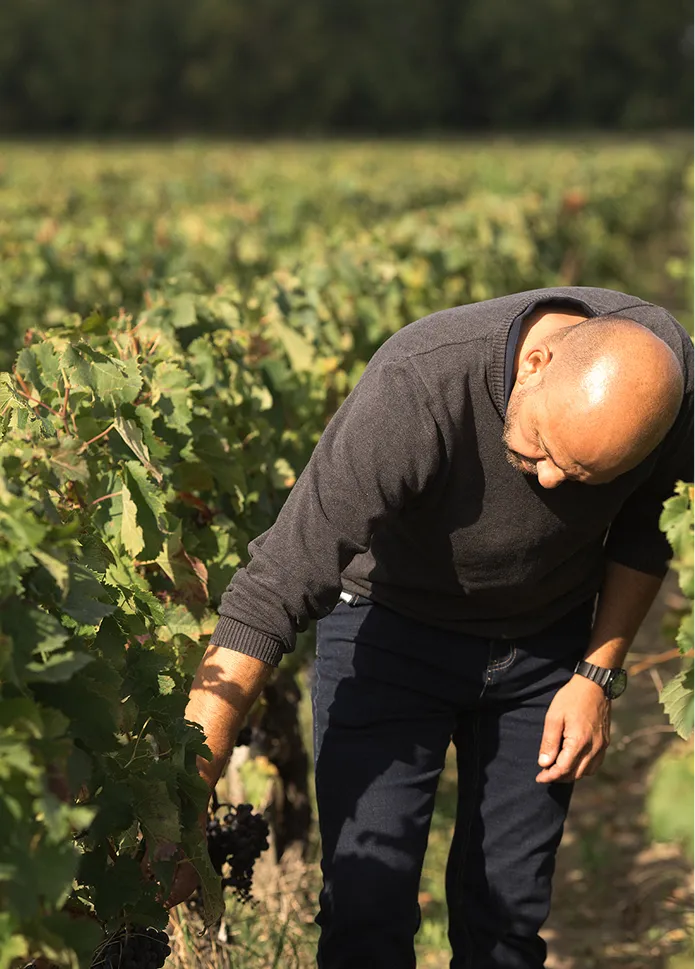
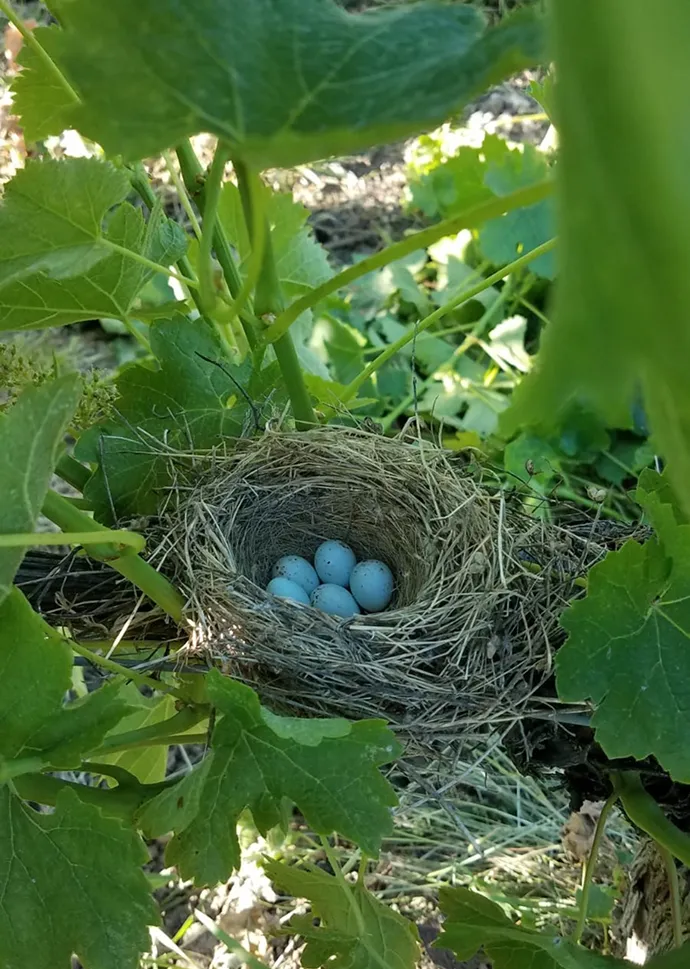
We reduce phytosanitary inputs and prioritise prophylactic methods.
We have not used CMRs or herbicides for over 10 years.
We control vine pests using natural products and stimulants of the vine’s natural defence machanisms.
Powdery mildew treatment : 100% sulphur
Botrytis : no treatment since 2016
Mildew : carefully measured doses of phosphonates and boicontrol.
Three years ago we started using two 100% electric robot tractors from Naïo Technologies, which mainly help us to reduce soil compaction (down 30% in the areas they process) and make tools easier to install. Their work is supervised by our winegrowers.
Buildings & packaging
We design and maintain our buildings to make them energy-efficient through insulation and controlled water and electricity consumption.
A waste management system has been set up in each department.
We have reduced the weight of as much of our packaging as possible, and use carefully sourced materials.
We have implemented a highly proactive low-carbon approach, and since 2020 the HEV (high environmental value) label has been awarded to all the DOMAINES P.
